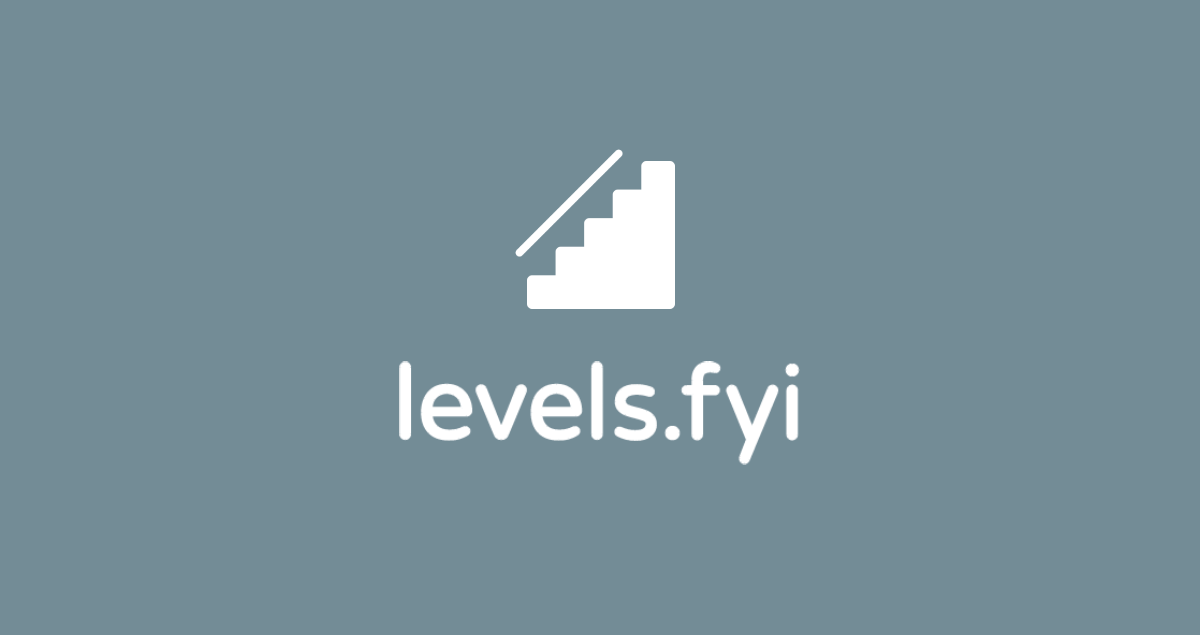- Joined
- Oct 5, 2013
- Messages
- 370
- Reaction score
- 219
- Points
- 4,631
- Pharmacy Student
I have been quietly reading the good and probably mostly bad comments on this forum about the future of this profession for at least several years. Now I am literally just 2 weeks away from appe rotations, and the negativities surrounding future job prospects absolutely worry me, to the point of often waking up midnight trying to figure out a feasible way of better preparing myself.
I was a stellar student in my 1st year, then I was fully convinced by many of you guys that this profession is probably not going anywhere or sustainable in the long term. So starting 2nd year, I made a drastic decision: to spend as little time on the curriculum as possible to just pass all courses to graduate & get licensed, and refocus vast majority of my time to learning programming and data science, mostly from online resources like cousera, datacamp and udemy. Now I think I am at least somewhat competent in Python, Java, C++, R, SAS and SQL.
Recently I started to take notice of several online masters in cs/data science programs offered by schools like UPenn, Georgia Tech, and UMich in partnership with coursera/edx to train non-cs majors. And it seems like other schoos like UCSD and CU Boulder will also launch their programs soon.
I am planning to get myself enrolled in the Georgia Tech micromaster starting next month and do super well to boost my chances of getting into its OMS in Analytics program next year, which will cost less than 10k. I am just wondering if someone here has done similar transitions and would like to share their experiences, like their programs of choice, curriculum, tuition, job prospects etc.
I went to a quite cheap pharmacy school, and I will likely graduate with minimal debt in low-mid five digits. My current goal is to work after graduation & licensure, pay off debt ASAP, and finish the online degree in 1-2 years so that I can switch to a SDE or data scientist role in either pharma or tech sectors if necessary.
I was a stellar student in my 1st year, then I was fully convinced by many of you guys that this profession is probably not going anywhere or sustainable in the long term. So starting 2nd year, I made a drastic decision: to spend as little time on the curriculum as possible to just pass all courses to graduate & get licensed, and refocus vast majority of my time to learning programming and data science, mostly from online resources like cousera, datacamp and udemy. Now I think I am at least somewhat competent in Python, Java, C++, R, SAS and SQL.
Recently I started to take notice of several online masters in cs/data science programs offered by schools like UPenn, Georgia Tech, and UMich in partnership with coursera/edx to train non-cs majors. And it seems like other schoos like UCSD and CU Boulder will also launch their programs soon.
I am planning to get myself enrolled in the Georgia Tech micromaster starting next month and do super well to boost my chances of getting into its OMS in Analytics program next year, which will cost less than 10k. I am just wondering if someone here has done similar transitions and would like to share their experiences, like their programs of choice, curriculum, tuition, job prospects etc.
I went to a quite cheap pharmacy school, and I will likely graduate with minimal debt in low-mid five digits. My current goal is to work after graduation & licensure, pay off debt ASAP, and finish the online degree in 1-2 years so that I can switch to a SDE or data scientist role in either pharma or tech sectors if necessary.



